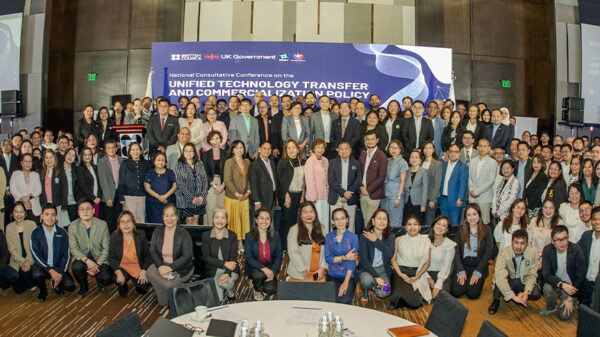By Darren Guccione
Keeper Security CEO and Co-Founder
Novel Attack Vectors
Cybersecurity is an arms race. Bad actors are constantly evolving their tools to circumvent detection, while defenders are trying to adapt. Today, we are facing an onslaught of new attack vectors using Artificial intelligence (AI). AI in the hands of adversaries has the potential to amp up a plethora of attack methods, including one of today’s top scamming tactics: social engineering. The potential impact to enterprises is significant; with the right AI solutions, voices can easily be mimicked, and if the voices of an organization’s leaders are widely available, successful phone and voicemail scams will increase.
This is just one example. In 2024 and beyond, AI will continue leading to novel attack vectors that may be out of a security or IT leader’s control. However, by implementing cybersecurity solutions that limit lateral movement and protect privileged accounts, organizations can control what a bad actor can do if these novel attacks do lead to unauthorized access. Deploying a Privileged Access Management (PAM) solution is critical to protecting an organization’s most valuable assets.
Even though AI will lead to novel attack vectors, the cybersecurity solutions organizations need to deploy to fortify their defenses and protect against the evolving threat landscape remain the same.
Importance of SIEM
With increasing attack vectors and a larger attack surface, organizations need to diligently monitor events that pose the biggest threats to their organization for timely and effective Incident Detection and Response (IDR) and to ensure adherence to policies. In order to protect their organization’s crown jewels, organizations need better insight into password practices and privileged users.
Security Information Event Management (SIEM) tools log all types of events that happen within a system and consolidate information from disparate cybersecurity solutions into one central location for logs, reporting and alerts, which is becoming increasingly important as the volume of cyberattacks increases, threats intensify and organizations implement a variety of different solutions to keep pace.
In 2024, we’ll see SIEM tools increasingly utilize AI to enhance the ability to detect anomalies and correlate security events. This will revolutionize SIEM detection capabilities and provide even richer insights to help improve an organization’s security posture.
Ubiquitous Cybersecurity Platforms
As organizations continue shifting to the cloud and seeking affordable, pervasive solutions, we’ll see an uptick in the adoption of ubiquitous platforms that provide full visibility and reduce security gaps. As users become less tolerant of expensive, disparate security solutions, investment in solutions that provide the full spectrum: visibility, security, reporting and control will increase.
Organizations will seek solutions that address the most prevalent threats, moving toward cloud-based solutions that can scale with the organization’s size and cybersecurity maturity. This will reduce the number of IT staff required to manage on-premises platforms while simultaneously helping to close security gaps and reduce operating risks.
Passkeys and Passwords Will Coexist
Passkeys will continue to grow in popularity, but will not entirely replace passwords. New and expanding hybrid work environments will make it critical to ensure the safe storage of user login credentials, necessitating organizations and individuals learn how to use both passkeys and traditional passwords. Despite the advantages of passkeys, there will continue to be significant barriers to their mass adoption. Implementing passkey-based authentication systems requires changes to the login, MFA and account-recovery processes on existing websites, which is a major roadblock for some service providers.
Consistent support from major platforms and browsers will be needed to promote widespread adoption of passkey technology, but support through the transition will be limited and hinder user adoption. This is due to a) underlying platform support and the necessary changes to existing websites and; b) the fact that it’s not a default setting, so the user must take action to configure or set it up. Out of more than a billion websites that exist, only a few dozen currently support passkeys. That number may jump into the tens of thousands by 2025 and, aided by Google’s recent adoption of passkeys, we expect more websites and service providers to adopt passkey-based authentication as interest grows. However, that’s a miniscule fraction of the password-reliant websites that exist today.
User hesitancy will be another barrier to the adoption of passkeys. Passwords have reigned supreme for so long that users will be hesitant to adopt a new authentication method, especially if they are not familiar with the security benefits. The use of an encrypted password manager that supports passkeys is critical to ensure adoption and use across different devices, while preserving security for existing authentication methods including traditional passwords.














































































































